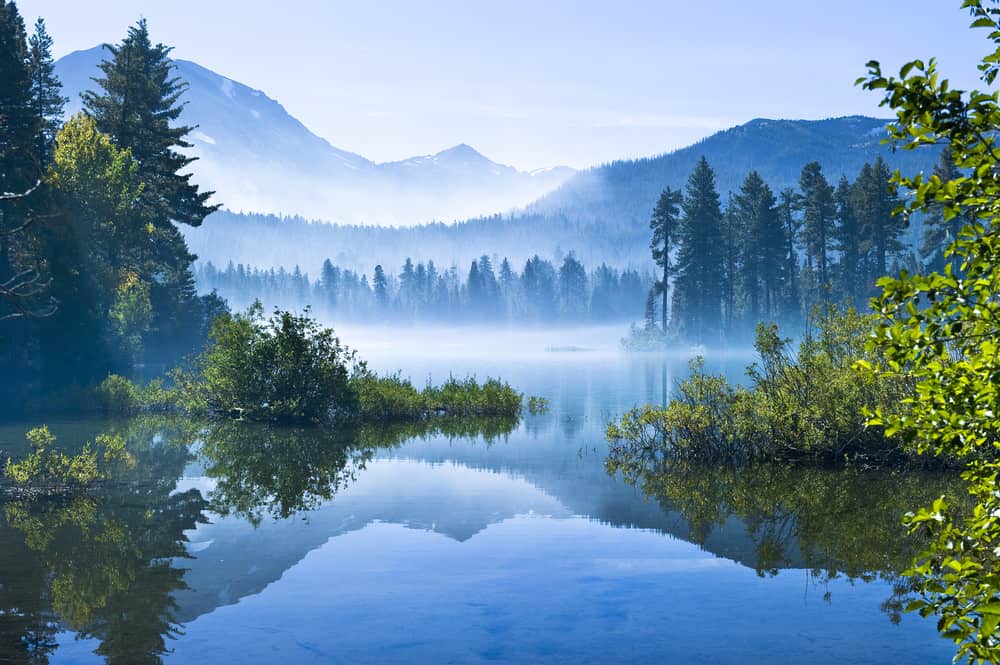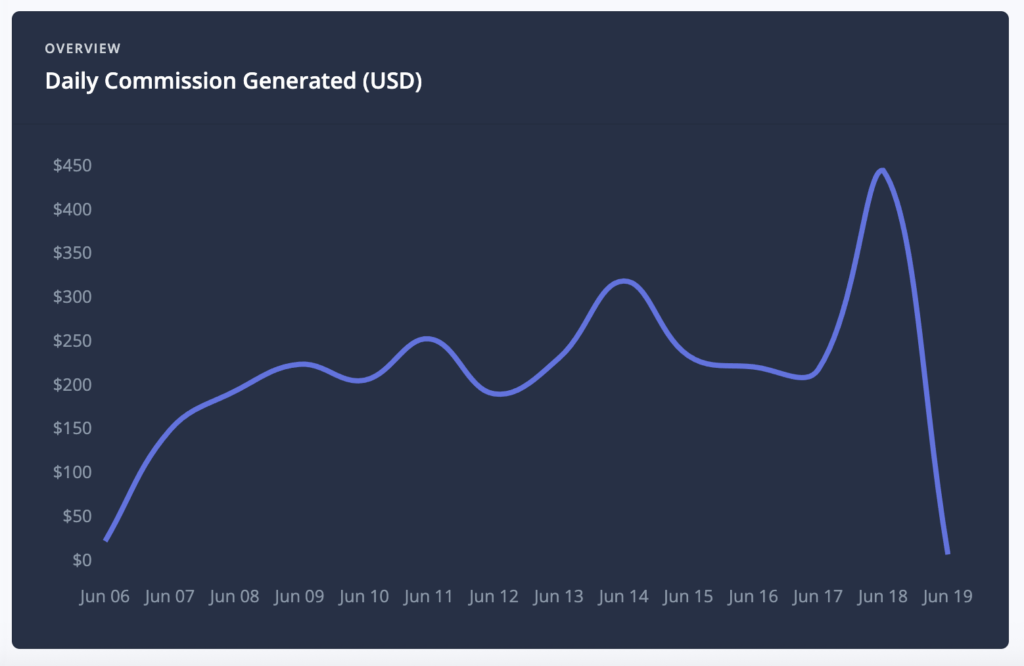
The advantages and disadvantages of different types of content aren’t always apparent.
Most of us bloggers favor evergreen content.
But, in my view evergreen content isn’t the best content. It has huge benefits on its own, but arguably current events content is better. It’s ironic because current events content has the shortest lifespan while evergreen has the longest.
What’s so special about a news or current events website?
Read on, I explain.
Niche vs. Content
There’s an important distinction between niches and articles when discussing evergreen vs. seasonal vs. news articles.
There are entire niches that are one or the other. Then there are topics that are one or the other within a niche.
For example, gardening is a seasonal niche.
On the flip side, Christmas gifts for weightlifters is a seasonal article within an evergreen niche (i.e. weight lifting).
You must decide whether you want a seasonal, evergreen or current events niche. Once you operate within a niche, you can likely choose to publish all 3 types of content or restrict it to one kind. I tend to focus on evergreen content, but do publish all 3 to some extent.
1. What is Evergreen Content?

I love evergreen content because it’s the type of content that pays “dividends” for a long time.
In fact, that’s the point of evergreen content. It’s also why I don’t publish a news site. News sites are mostly non-evergreen content. I’m not saying you can’t make money with news sites, it’s just not a model I’m too keen on.
Unlike news, evergreen content is on topics that garner ongoing interest. They are topics that people will seek out in the long term.
How long must interest in the topic be in order to be evergreen?
Interest in topics falls on a spectrum. News and trending topics may be relevant for only 24 hours. Other trending topics may remain relevant for a month or several months. Think Pelaton… that topic hung in for a little while.
However, I don’t believe topics need to have a 100 year lifespan to qualify as evergreen. A few years qualifies IMO.
Benefits of publishing evergreen content
1. Residual revenue: The main benefit is that due to ongoing interest demonstrated via online searches, is you can attract traffic to this content for years resulting in earning revenue from it for years. As far as I’m concerned, earning revenue for years from content is a huge benefit of being an online publisher.
2. Seamingly unlimited options: There are literally millions of evergreen topics you can cover across hundreds of niches. This is a huge benefit because you have so much content to publish that can earn you residual revenue for years (assuming you manage to get traffic to it). Compare that to news – there is only so many trending and newsworthy topics which all the outlets cover. That’s why when you visit news sites, you end up reading pretty much the same stories day-in and day-out.
Examples of evergreen content
- How to play dominos
- How to tie a tie
- Benefits of evergreen content
Examples of non-evergreen content
- Political news (for the most part… however, it may end up having staying power in a historical context)
- News generally
- Sports games
Example of quasi-evergreen content
Some content has some staying power but won’t be relevant for years. A good example pertains to tech products like smartphones, laptops etc. They have limited lifecycles – usually 3 to 12 months. While they are still somewhat relevant after new models launch, they are in decline at that point.
Evergreen content is the most popular by far for websites because of its staying power and more importantly because there are so many evergreen topics.
Can you publish both evergreen and trending content?
Yes, of course you can and this can be a good approach. You cash in on high-traffic trends but also take advantage of long term residual revenue with other content with evergreen staying power.
May require updating here and there
Note that some evergreen topics do require updating. For example, if you publish a website on squash (the sport), there may be new techniques or strategies developed that should be added. It’s evergreen because the basics of the game remain the same, but in most sports, advancements are made here there.
Another example may be a history website. While you’d think history is history and wont’ change, the fact is research is ongoing and new discoveries are made all the time which changes current understandings and reporting of events.
That said, there are some evergreen topics that are truly evergreen and may require absolutely no updating ever.
Pros
Long-term passive revenue
The passive earning potential is the big attraction. Work today, earn forever. Sweeter words have seldom been said.
Attract links indefinitely
A solid evergreen article can attract links month after month which is great for the article as well as overall website authority.
Cons
May lack engagement
Evergreen content can be engaging, but it’s not going to enjoy crazy viral engagement like a hot current event topic will such as a celebrity getting charged with murder.
May not succeed
Actually, this is a con for every type of content so it applies below as well. However, I’ll list it here because it’s a risk of any article you publish. You may invest 2 hours, 8 hours or even weeks into an article only for it to fail.
2. Seasonal Content

What is seasonal content?
Seasonal content is content that’s relevant for part of the year every year. There’s a recurring interest in it.
Christmas is a good example. Summer is another good example.
Pros
Enjoy annual revenue bumps
I have an aversion to seasonal revenue, but not for reasons you might think. My problem with it is I don’t relish the bump in revenue because while it’s happening, I’m all too aware it will disappear in a short while.
I’m a very routine person and prefer stability over volatility.
The better view of seasonal content is that it pays a bonus above and beyond usual revenue.
The easy solution to smooth out volatile revenue is to cover multiple seasons or events so that there isn’t a huge downturn at any point during the year. This is not possible in every niche, but if it is, it’s a good idea to do it… unless you like earning a chunk of money and then lying low the rest of the year.
Take more time off
One big appeal of seasonal revenue is you can earn a pile of money quickly and then take time off.
In our town each Halloween, a huge, awesome Halloween store opens up in a vacant retail space. They sell costumes and decorations. It’s huge and the selection is great. I suspect they make a fortune in 6 weeks. They close up shop and maybe the owners vacation the remaining 40 weeks of the year.
Cons
Short earning span
I don’t think I have to say it, but the downside of seasonal content and revenue is the downturn at the end of the season (unless you head to the beach).
Volatile revenue
It’s harder to deal with expenses and overhead when you have volatile revenue. It’s easy to cover expenses when the money is pouring in, but you need to set money aside to cover expenses during the slow period too. I suspect it’s easy to stretch it thin. It’s akin to farming. Farmers earn a whack of cash at the end of harvest, which probably seems like a windfall, but that money needs to last until the next harvest.
3. Current Events Content (News)

What is current events content?
Current events content is content with a very short lifespan. It may be a day or week or a few weeks, but that’s it. After that it’s old news; it’s irrelevant. People no longer search for it or care about it.
The classic example is any news website. Nobody goes to a news site to look for articles 4 months old. Neither do people search for old news (unless doing research).
Pros
Build a loyal audience
Building a loyal audience is the greatest achievement in publishing. When you do this, you are no longer dependent on third party traffic sources. You attract rather than promote. It’s about as secure as it gets, with one catch.
The catch is you must contintue to dazzle your audience to retain them.
News sites are less about SEO traffic and more about building up a loyal audience who visits a site daily or weekly for the current events. This takes time to achieve, but while SEO traffic is awesome, direct traffic is better.
I’ve never owned a site where the lion’s share of traffic is a result of people going to it directly, but I can imagine it would feel good.
Most of us have one or a few websites and news sites we visit daily. I do. I have 6 that I visit every day. I scan the articles. I go to each directly. It’s been rare that I’ve ended up on them via search engines.
Think about building up such a great site that millions of people go to it directly every month. That’s quite an achievement. You’d be immune from search engine algo updates and fickle social media reach. That doesn’t mean you can kick back and do nothing. You need to continue publishing the content that your audience expects; which made your site popular in the first place.
May get lots of traffic fast
In addition to direct traffic, news / current events sites can enjoy huge spikes in traffic if they break a story or cover a trending topic well. I’m not talking about 10,000 extra visitors. I’m talking millions of visitors instantly.
This won’t necessarily happen every week, but if you can make it happen a few times a year, it’s a great way to build an audience and make some good “bonus” revenue.
Cons
Short earning duration
When you publish a news site, you need to change your mindset about the value aspect of content. With evergreen, the value comes from potentially earning money on autopilot for months or years.
This is not the case with current events content. Instead, the value is more indirect. The value is in building a loyal audience who seeks out your site because you do publish timely content and do so well.
Must constantly churn out new content
Publishing a current events site is like being on a never-ending treadmill. You need to consistently publish timely and high-quality content. It’s not an easy thing to do. When starting out, you’re the journalist (unless you’re so well funded you can hire journalists). Being a journalist is hard work.
Sure, you can subscribe to news agencies, but that’s not going to give you the scoop. You need to be unique. Perhaps it’s incorporating opinion with the news item (aka editorial). Or, maybe you actually do get scoops and are first to cver a story. Either way, you need to offer more than the Associated Press.
4. Shelf-Life Content

Most people discussing evergreen vs. seasonal content fail to discuss or acknowledge what I call “shelf-life content””.
What is shelf-life content?
Shelf life content is product oriented content that will have a limited shelf life because of product innovation, new models and so on. The shelf life is longer than the current events. It’s not seasonal because it’s not coming back once it’s outdated. It’s a type of content in this context that deserves its own categorization.
Pros
Revenue duration
You can earn good revenue for a reasonably long period (i.e. product life cycle).
First to publish
There’s potential to get lots of search traffic if you’re first to cover a new product.
Cons
Constant updating and new content
In a product-oriented niche where products have a limited shelf life, you must continually update old content and/or push out updated content.
May not rank in time
Because there’s a limited window to earn, you may not rank fast enough to enjoy a profitable return on investment.
For example, the iPhone 4 is not a good topic because it’s an older model smartphone. While some people may look for used options, there really is no point to write articles about this product.
Most products are susceptible to being replaced. Therefore, if you jump into a product-centric niche (aka Amazon affiliate sites), keep in mind a lot of your content will not be truly evergreen. It will have a shelf life.
Think gadgets, electronics, appliances, fashion, shoes etc… all products in those verticals have a limited shelf life.
Can you do all 4 types of content?
Yes, you can. Most niches offer the opportunity to publish all 4 types of content. I tend to steer clear of current events, but I do publish evergreen, some seasonal and some limited shelf-life content.
My focus, though, is evergreen content.
Which one is best?
Whichever works for you is best.
In a perfect world, we’d all publish websites that were so awesome, millions of people would visit directly every day just read or watch or see our brilliant work.
Unfortunately, for most us, including me, that doesn’t happen.
The key is being aware of the differences. Most people avoid current events niches because it’s hard to generate passive income. You must constantly churn out content and stay on top of the latest news.
However, if you’re plugged into a particular current events niche and love following it, it may be the perfect approach for you.
Generally, I favor a hybrid approach. I like evergreen niches in which I can publish mostly evergreen content, but include seasonal, current and limited shelf-life content.

Jon Dykstra is a six figure niche site creator with 10+ years of experience. His willingness to openly share his wins and losses in the email newsletter he publishes has made him a go-to source of guidance and motivation for many. His popular “Niche site profits” course has helped thousands follow his footsteps in creating simple niche sites that earn big.





